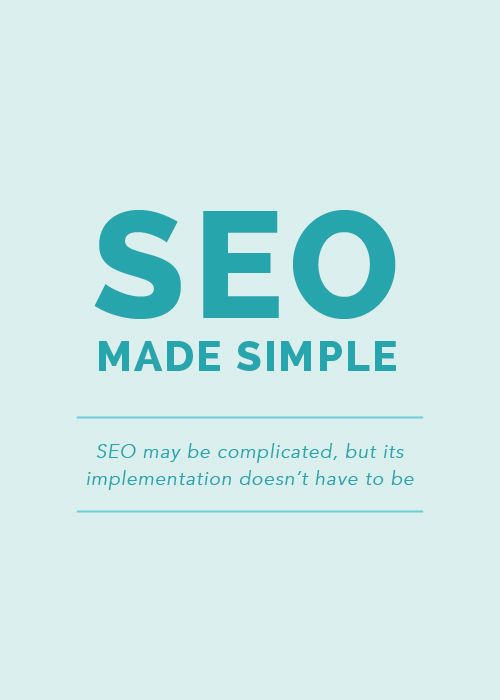Ranking websites so they show up on the first page of search engines results has become a challenge for many internet marketing service providers. In the early days of the internet, there weren’t many businesses with websites and achieving first page rankings was quite an easy task. It goes without saying that this is no longer the case today. Competition is tight, and you can easily find many businesses vying to rank for the same set of keywords. Also, it does not help that Google’s search engine algorithm updates have made it difficult for companies to rank their websites without investing in quality and useful content. So what can you do about it?
Well as difficult as it has become, there are still a few strategies that even beginners can emulate to start ranking websites effectively. Results will take time but keep at it, and you are bound to get your fair share of organic search engine traffic. So what exactly are these strategies?
Proper web page structure
 When it comes to ranking websites, beginners will do well to start with the elements that are entirely under their control. First on that list is your web page structure. To rank well on Google, you have to make sure that search engines can find and “crawl” your website. To accomplish this, your site needs a “robots.txt” file that provides all the information search engines need to find and index your website.
When it comes to ranking websites, beginners will do well to start with the elements that are entirely under their control. First on that list is your web page structure. To rank well on Google, you have to make sure that search engines can find and “crawl” your website. To accomplish this, your site needs a “robots.txt” file that provides all the information search engines need to find and index your website.
HTTPS and site security
Hundreds of cases involving users getting duped by unscrupulous people online have led search engines to pick up on site security as a strong ranking signal. A digital marketing company will be quick to recommend getting HTTPS (secure website) and SSL security enabled right from the start. This reassures users that your business is legitimate and that you care about the safety of your site visitors as they interact with your site. Overlooking the matter can get search engines to flag your site as unsafe and lowers search engine rankings.
Optimise websites for search engines
Domain names serve as the “address” of your site, and it is important to understand that not just any name will do. For one thing, your chosen domain name must not contain any of your keywords or risk having Google penalising for “exact match keyword domains.” The latter is a common practice for spammy sites that have little to no useful content.
If your site is new, then you can expect that it will take significantly more time and effort to make it rank well in search engines. Most domain names that are on top search results for any given keyword are at least three years old. Fortunately it does not take nearly that long for your site to start ranking on search engines. In Matt Cutt’s own words:
“The difference between a domain that’s six months old vs. one-year-old is not that big at all. As long as you’ve been around for at least a couple of months, you should be able to make sure that you can show up in search results.”
You can learn more about domain age and how it affects search engine rankings in the Google webmaster video below:
Technical aspects of getting a website to rank in search engines
Internet marketing services put most of their time and resources into link building, but it is just as important to consider the technical aspects of the site that you are creating links for:
- Use keywords in page titles as it helps search engines quickly identify the subject of your content and associates them with relevant search queries
- Use header tags to organise your content and help users understand the flow of information.
- Write good meta descriptions as they help incite users to click through your site. Such descriptions should contain your primary keyword.
- Set alt tags for images containing your keywords as these tags help search engines determine the relevance of images to your content. Also, having alt tags on images enable users using an image search to find your site.
- Consider using what is called a “schema markup” to inform search engines about the kind of content you are publishing on your site. Doing so will enable your website to show up in rich card entries — a form of extended search results that extend site visibility and easier for search engine users to act on.
Leverage social networks
While marketing on social networks is strictly a different category from SEO (search engine optimization), it is still well worth mentioning as experts have long speculated that Google is now taking a cue from social signals when assigning search engine rankings. After all, when people are sharing the content of your site on social networks like Facebook or Twitter, then it must mean that your site is offering valuable or useful content to users.
Improving site speed
Website speed is another site ranking factor one should not overlook. After all, most people do not wait for more than a few seconds for web pages to load. Websites that load almost instantly saves people time and provide a better user experience.
To optimize for site speed, consider the following:
- Eliminate anything that is unnecessary on your website — spam, outdated files and the like.
- Compress images, codes (HTML, Javascript, CSS) whenever possible. The smaller the strain on web resources, the faster your web pages load.
- Avoid redirects whenever possible and enable browser caching
- Make use of a CDN (Content Distribution Network) like Cloudflare and Rackspace
So there you have it — a few strategies that you can use to start ranking your websites on search engines. Whether you are optimising your site or just about to begin the process, it is well worth learning these strategies for yourself and discover just what it takes to get good site rankings.






Very helpful article. thank you for sharing.